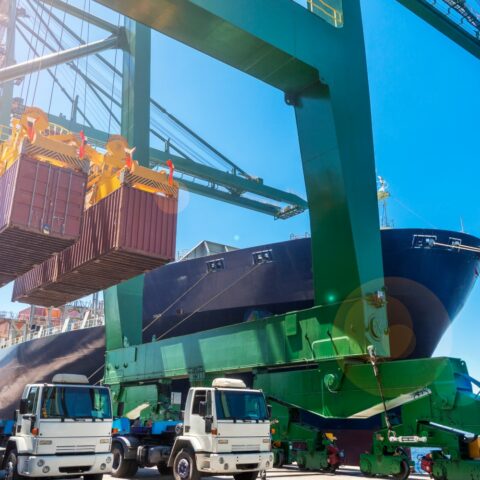The Challenge
Customs clearing agents are a vital cog in the machine of international trade, handling all the documentation needed to clear goods arriving and leaving the country. If well-trained and professional, these agents can ensure that documentation is error-free, that traders pay the correct fees and that goods keep moving smoothly and efficiently across borders.
In Malawi there is little proper training available for customs clearing agents, meaning the level of service is inconsistent. Goods are often classified incorrectly, fuelling distrust between customs and traders and leading to more physical inspections and delays at the border. These delays are costly for both government and business.
What We Are Doing
We are working with the Malawi Revenue Authority (MRA), the Ministry of Trade, Industry and Tourism (MTI), customs clearing agents’ associations, and local and international businesses, to introduce a new licensing framework for agents in Malawi complete with a training curriculum and exam.
The training has been made as accessible as possible to ensure that women, who are usually not able to spend long periods away from home, benefit from this opportunity for professional development. It includes some e-learning elements and a scholarship fund is available to support agents in getting licensed.
The project is based on learnings from the Alliance’s similar project in neighbouring Zambia. It is bringing together customs and business representatives from both countries throughout the two projects to share knowledge and resources and support the harmonisation of trade processes in the region.
The Impacts
The project is ensuring that Malawi is equipped with highly qualified, professional clearing agents with the knowledge and skills to do their job well. This will lead to:
- less errors in classification, origin and valuation, creating a level playing field where competing goods are subject to the same regulations and fees. This will help to make local businesses more internationally competitive;
- faster clearance and transit of goods, making trade more cost-effective for business. This will help to make Malawi more attractive for investment; and
- higher levels of compliance with regulations and efficiency gains for customs.
Underpinning all these benefits will be a trusted and constructive working relationship between the government and business.


 Malawi
Malawi

